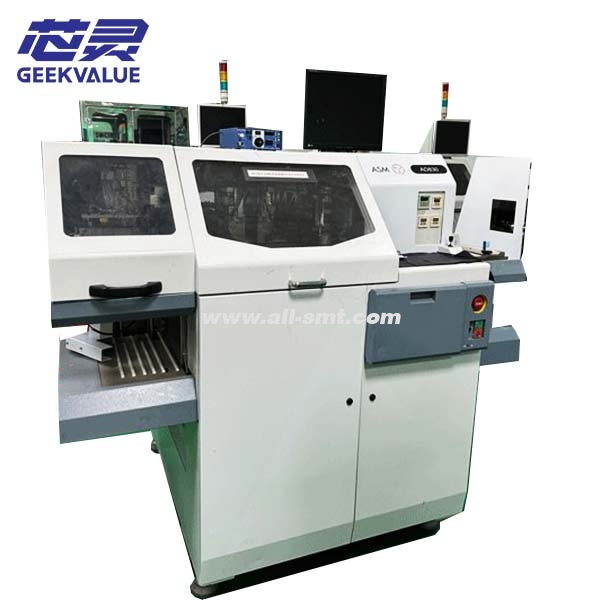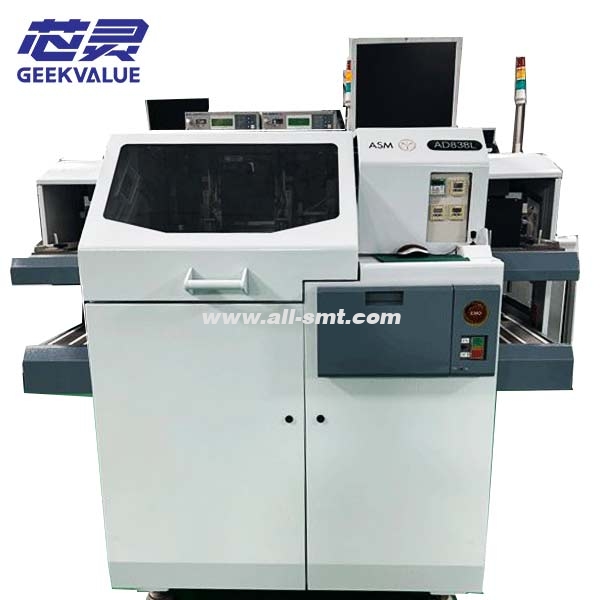When you hear the term "automated packaging machine", you might imagine a futuristic robot quickly assembling and packaging products. While not entirely sci-fi, automated packaging machines have revolutionized how industries handle packaging tasks.

What Exactly Is an Automated Packaging Machine?
An automated packaging machine is a device that takes care of packaging products without much need for human intervention. These machines can handle a range of tasks, from wrapping, sealing, and labeling to creating intricate packaging designs. Their main goal? To make packaging faster, more efficient, and less labor-intensive.
Think of industries like food and beverage, pharmaceuticals, or electronics—manual packaging isn’t feasible when thousands of products need to be processed daily. That’s where these machines shine.
Types of Automated Packaging Machines
Filling Machines: Ideal for liquids, powders, or granules. Think about how milk is bottled or sugar is packed.
Sealing Machines: Focused on airtight seals, often used for food products.
Labeling Machines: They ensure every product has a professional label in the exact right spot.
Wrapping Machines: Perfect for bundling items like bottled water packs.
Benefits of Automated Packaging Machines
Speed: Imagine packing 100 products in a minute versus doing it by hand.
Consistency: Machines don’t get tired, ensuring every package is identical.
Cost-Efficiency: Although the initial investment is high, automation cuts long-term labor costs.
Safety: No sharp tools or heavy lifting for employees.
Who Uses These Machines?
From small businesses to large corporations, anyone aiming for scalability and efficiency can benefit. Whether it’s a start-up bakery or a global electronics brand, these machines adapt to varying needs.



